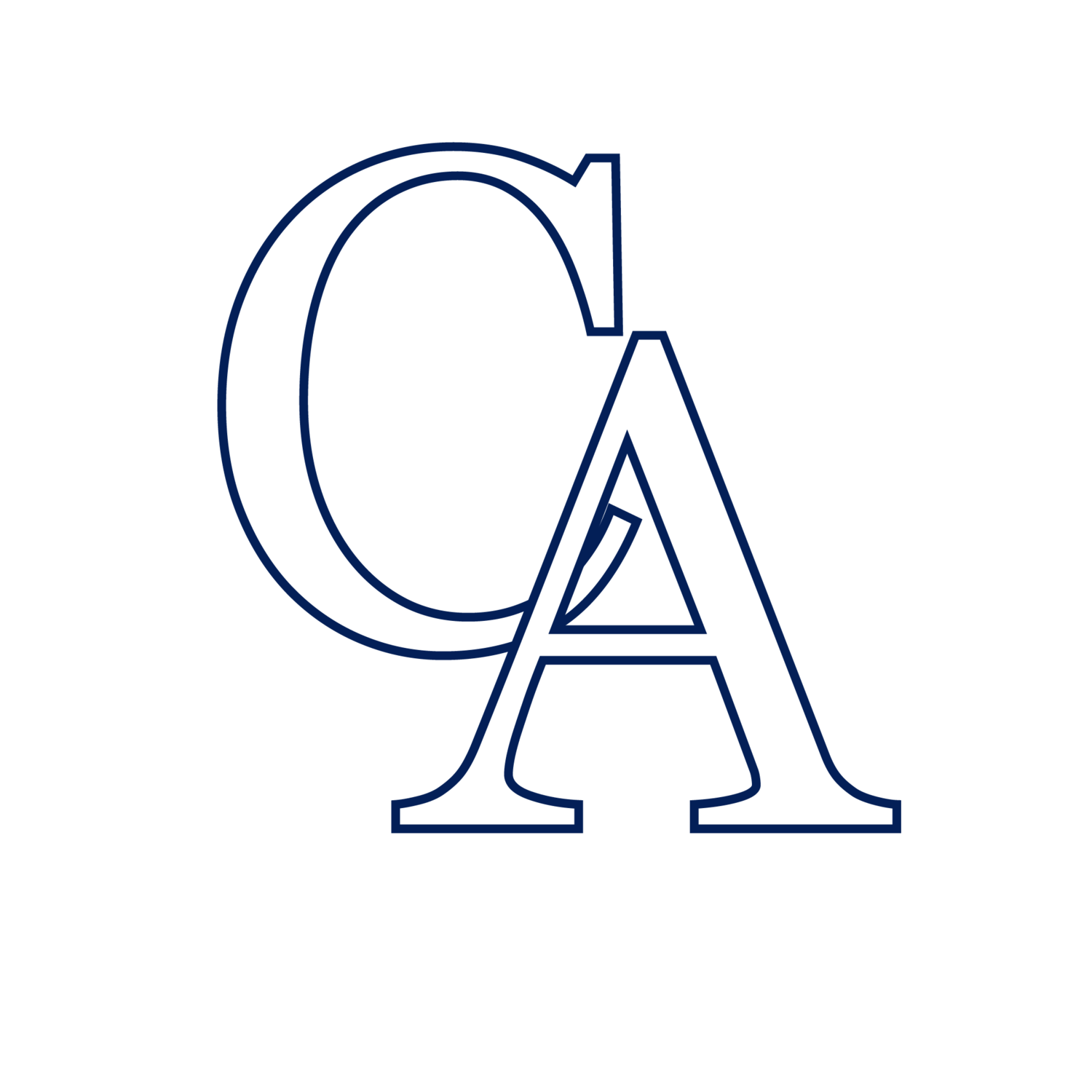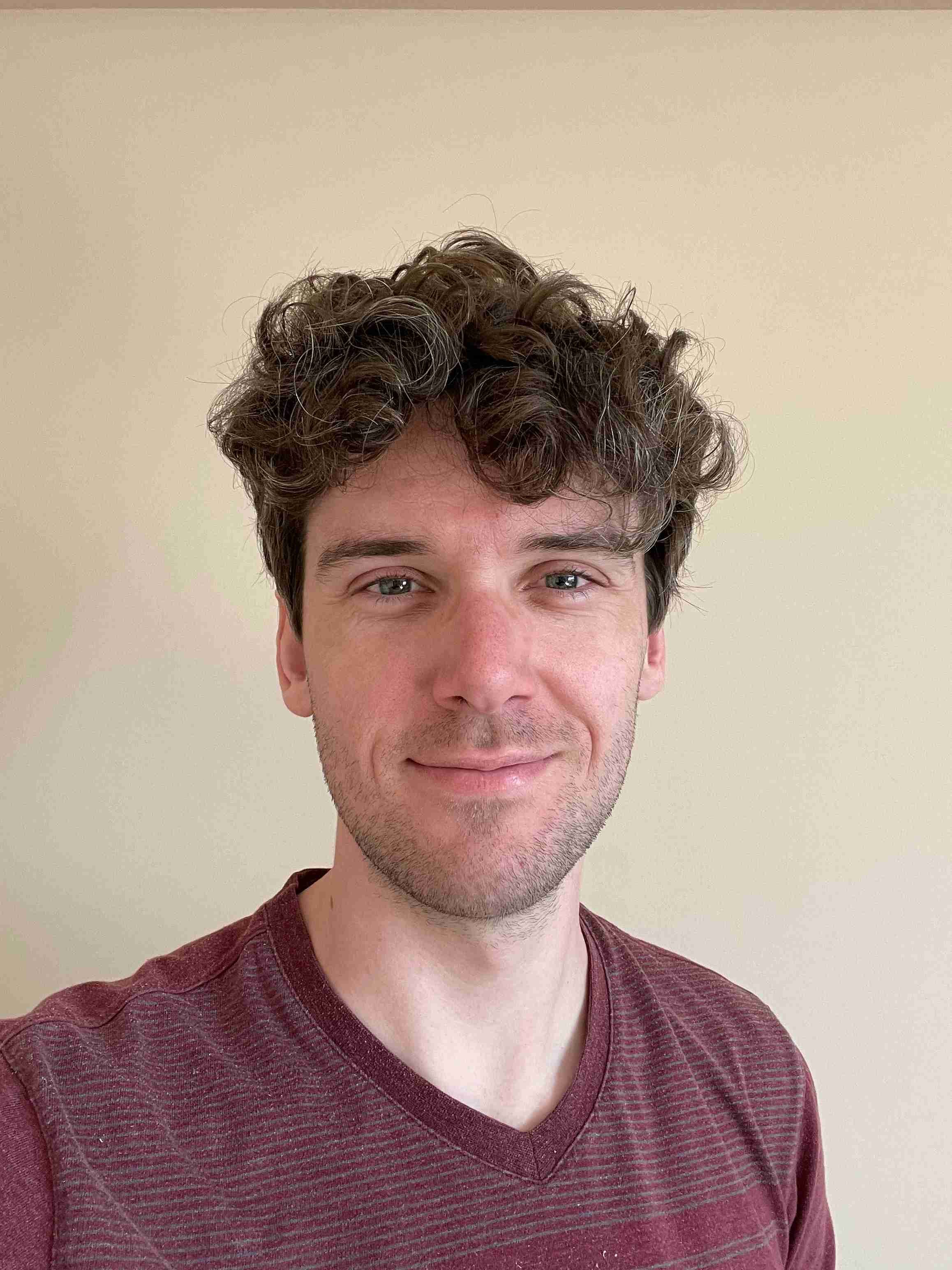A Conversation With Mac
When did you embark on your journey into Partnership Education? (Said another way, when did you start on your path as a self-directed learner?)
I suppose I really embarked on my journey of self-directed learning in the year 2000, when I was 8 years old. My family had moved and we were only going to homeschool temporarily until we found a school we liked, but then the whole self-directed approach worked better for us, and we never looked back.
What were the main benefits of a self-directed education for you?
I always struggled in traditional school because I learned in unconventional ways and not at the required pace of conventional education. A self-directed education allowed me to not only study what I was interested in, but also to study what I thought I was less interested in, such as science, from an approach that helped me understand it and realize I was interested in it after all—I just wasn't interested in the way it was taught in school. For example, I've always been a kinesthetic learner; so when I put together a project about honeybees, I actually went outside and observed bees, studying biology and entomology up close. This experience taught me that I love these subjects, but I never would have learned that if I'd had to sit in class and only read a book about biology or entomology.
How did Mike and/or Lucy support you during your high school years?
Mike was a great influence for a teenage boy because I didn't meet many male educators. I honestly still don't now as a male educator myself, and I often think about how Mike taught me to be calm and patient with myself in my education, just from his lived example. I strive to instill that calm and confidence in my own students today, to let them know that everything is going to work out fine, no matter how scary the teenage years can feel. Mike and Lucy were two of the facilitators who saved my math education, which admittedly needed a lot of help. Lucy was there from the very beginning of my self-directed journey, and I can honestly barely remember a time when she wasn't one of the top mentors in my life. She gave me an appreciation of both the "practical" studies, such as math and science, and the arts, especially theatre. To this day I consider myself a storyteller, and so much of that is because of Lucy. We discussed everything from Shakespeare to The Lord of the Rings and Harry Potter and many other stories, and my fondest childhood memories are from participating in theatre with her. She taught me to get out of my comfort zone and explore new interests. I'm honestly not sure I would have ever signed up for a play or written a story without Lucy's influence.
What advice would you give a family who’s considering Partnership Education, but unsure of whether to take the plunge?
My advice to families considering Partnership Education is mostly for the parents: be brave and trust in your young people's inherent ability to learn. I'm not a parent myself, but speaking as an adult and an educator, I think such an experiment can be scarier for us than it is for the young people. We ultimately feel responsible for what happens to them, so it's harder for us to let go. Letting go might not feel natural, but we need to remember that the idea of traditional education, the idea that most of us have grown up with, is not exactly natural. What's natural is that our brains are made to learn, and so the young people will continue to do just that, even if they aren't in a traditional school. Don't be afraid to let go a little and let them guide their own learning. I honestly don't know where I'd be today if my parents hadn't done just that.
What has your path been since graduating (high school)?
Since graduating high school I've gotten a bachelor's degree in creative writing and English literature from Ithaca College, I've worked as a writing tutor and part-time educator, and I've moved to the Middle East, where I currently teach English language. I consider myself a writer first, even though it's not the job that pays the bills (yet), and I've written two novels, one of which I'm in the process of revising in preparation to send to publishers. I also write short stories.
What skills did you develop as a self-directed learner that have served you well during your transition to college/adult life?
I actually think my experience as a self-directed learner left me much more open to life as an adult. When I graduated college, I felt that all of my friends in my graduating class had this shared feeling that the sky was somehow falling—a feeling that I myself didn't share. I realized they'd never lived a life outside of school, and they were staring down the barrel of a freedom that was unknown to them. Most of them were excited about it, but also terrified. I wasn't scared because I felt like I'd already been out in the real world to some degree, at least in the sense that I'd gotten to explore a world outside of school long before I even started college. This background really helped prepare me for the somewhat rudderless feeling graduation can leave young adults with as they set out to explore the school-less world. I'd already been exploring for years, and I don't see myself ever stopping.
Can you share a specific memory or story about an activity or experience you had with another self-directed peer or facilitator that has had a lasting positive impact on you?
Gosh, so many that it's impossible for me to pick one. What I mostly remember is the contrast between the peers and educators I encountered at school and those I later met on my journey of self-directed learning. In school, teachers assumed I wasn't listening when I didn't understand a certain question or problem, and teachers and peers alike made me feel stupid for being behind the class. This taught me to be quiet and not voice when I didn't understand, to not even ask questions. It took me a long time to break that conditioning, but I always remember how much the facilitators and peers in my self-directed journey encouraged questions. All of them, even the youth my age, showed me that there was no shame in not knowing something, or not understanding a problem. That's a lesson that has stuck with me ever since, and I always push myself to ask questions.
If you could have known that there was no need to stress about this one thing during your teens years, what would it have been, and why?
I hope I'm understanding the question correctly: I wish I could go back and assure my teenage self that he knows just as much as his peers in school know. Back then I worried I was missing something big because I wasn't in school, as if I would arrive at my first day of college and realize everyone else knew so much more than me. That wasn't the case. Sure I didn't know everything, but neither did they. I wish I could tell my teenage self that.

